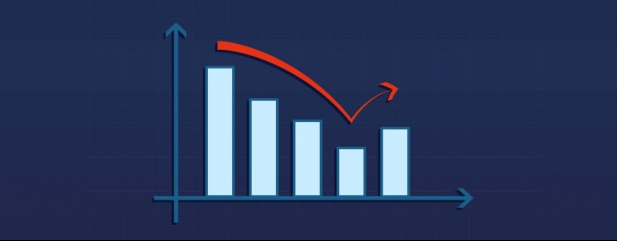Archived article
Please note that tax, investment, pension and ISA rules can change and the information and any views contained in this article may now be inaccurate.
Expect a UK market rebound? Choose the FTSE 250 for stronger growth

It is crunch time once again for UK equities as investors try to make sense of how Brexit will play out. As we write, trade negotiations between the UK and EU have seen both sides engage in a game of bluff.
Reaching a deal could be a momentous occasion for UK stocks as it would remove a lot of the uncertainty that has hung over the market for the past four years since the Brexit referendum. In particular, it could be the trigger to attract foreign interest in the UK stock market which is looking very cheap compared to equities in many other parts of the world.
As we discuss in this week’s feature on the Brexit trade talks, the FTSE 250 mid cap index could benefit from renewed interest in UK equities as about two fifths of its constituents’ earnings are generated domestically and they should benefit if the pound strengthened on a trade agreement that avoids tariffs.
The FTSE 250 index is generally made up of faster growing companies than the FTSE 100 and this has resulted in superior gains for investors over the years.
The FTSE 100 has a mixture of high quality companies with slower growth and businesses seeing their markets disrupted or heading for obsolence, albeit you tend to get more generous dividends from this index.
The FTSE 250 has outperformed the FTSE 100 index over the last one, five and 10 years, as illustrated by the accompanying table. Over the past decade the FTSE 250 has achieved 8% annualised total returns versus 4.3% from the FTSE 100.
The beauty of the FTSE 250 is that it contains a broad range of sectors, from software and transport to engineering and leisure, as well as a large range of investment trusts covering different parts of the market.
It also contains a lot of companies utilising technology to make themselves stronger, such as comparison website Moneysupermarket (MONY) and industrial thread manufacturer Coats (COA).
The combined earnings per share for companies in the FTSE 250 are forecast to grow by 13.3% over the coming year, says Stockopedia, compared with 11.8% for the FTSE 100. Both those estimates imply decent earnings recovery following this year’s Covid-related disruptions.
While there is a strong argument to make in favour of buying the FTSE 250, it is impossible to say with certainty how the trade talks will play out. Last Christmas it seemed as if the UK was going to be a good place to invest after the general election provided political certainty. Unfortunately the widely-expected recovery in UK stocks was derailed by coronavirus.
Failure to secure a trade deal might cause another wobble in the UK stock market but there is an argument to say a lot of bad news is already priced in. Nervous investors might be better waiting on the side lines until we know the outcome. Those with an appetite for risk may take the view that the FTSE 250 is worth buying now in order to be in position for a UK market pop should it come.
Important information:
These articles are provided by Shares magazine which is published by AJ Bell Media, a part of AJ Bell. Shares is not written by AJ Bell.
Shares is provided for your general information and use and is not a personal recommendation to invest. It is not intended to be relied upon by you in making or not making any investment decisions. The investments referred to in these articles will not be suitable for all investors. If in doubt please seek appropriate independent financial advice.
Investors acting on the information in these articles do so at their own risk and AJ Bell Media and its staff do not accept liability for losses suffered by investors as a result of their investment decisions.
Issue contents
Feature
First-time Investor
Great Ideas
- The UK stock market has a new gold giant in town
- More to come from Touchstone despite doubling in price since the summer
- Very large earnings upgrades for Kainos
- Luceco knocks the lights out
- Ford shares start to motor after impressive third quarter trading
- This trust offers big potential if you believe value investing will thrive
 magazine
magazine









